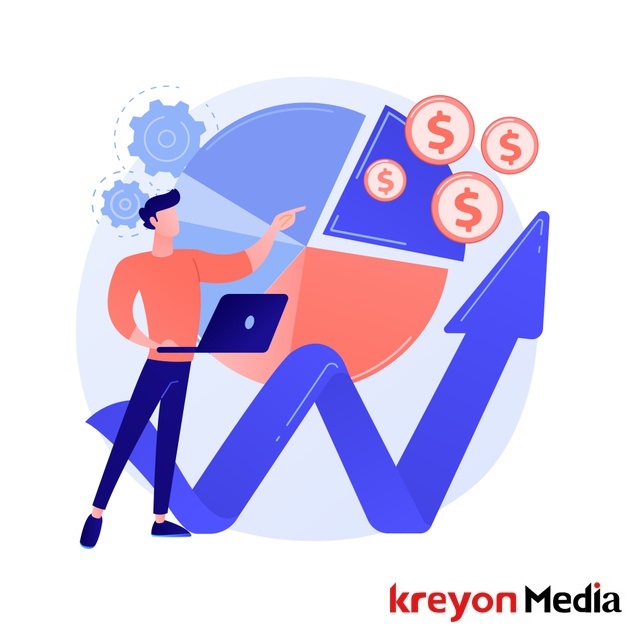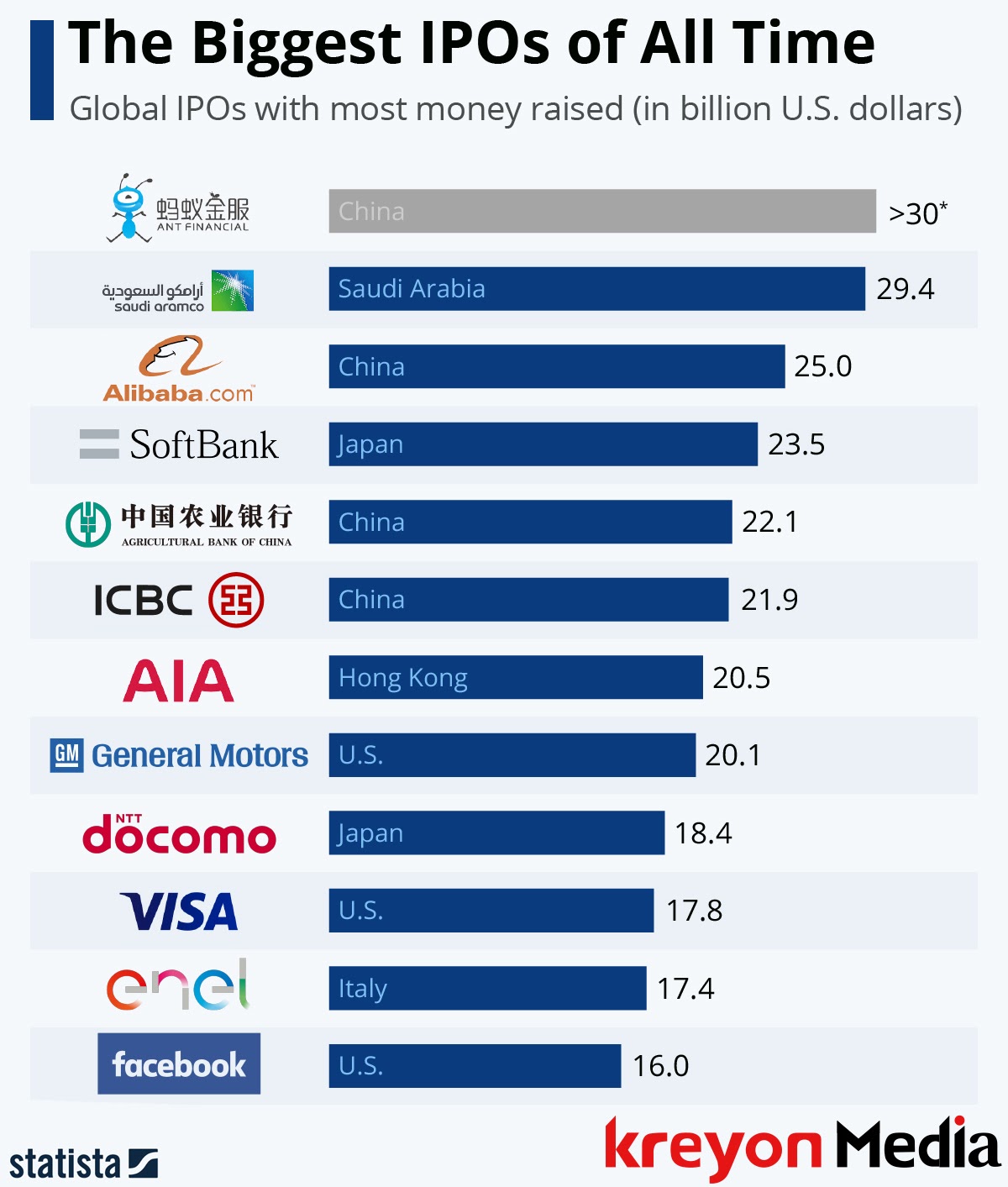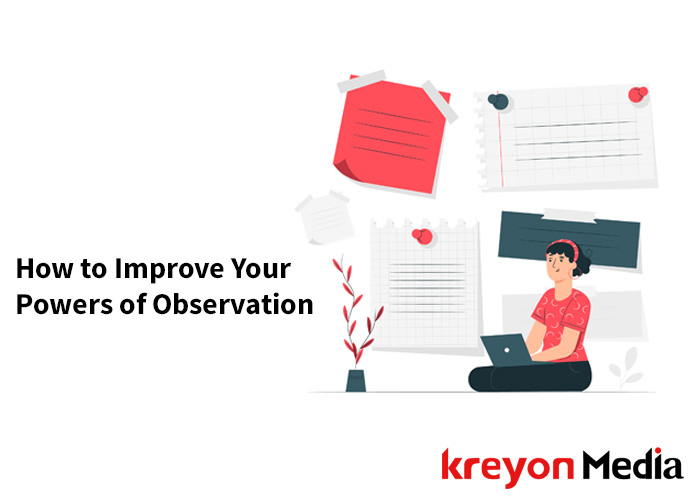7 Financial Habits of the Rich People
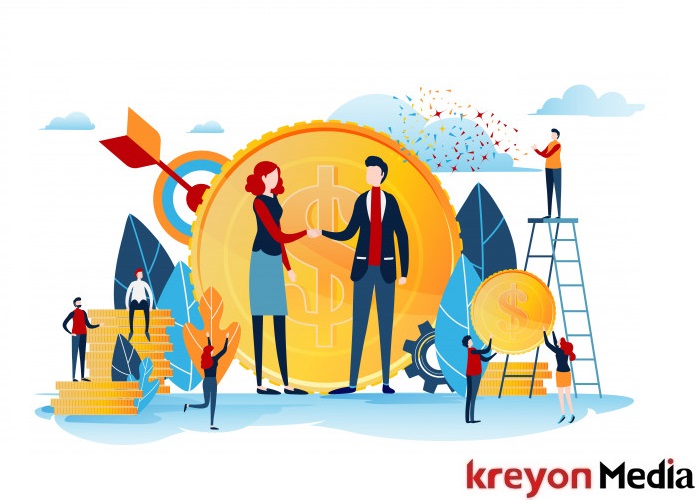
Financial habits play a major role in making people rich or poor. Finance is one of the major causes of stress among adults. It keeps people awake at night, causes strained relationships and creates difficulties in families. A PWC financial wellness survey showed 65% of women and 52% of men said that financial matters cause them the most stress.
Financial literacy creates a stronger foundation for individuals and their families. Financial habits can help people create wealth with proper planning and methods. Here’s a look at financial habits of the rich people that help them amass fortunes with their day to day lives.
1. Establish Financial Goals
Studies have shown that most people don’t have financial goals. As obvious as it may seem, a lot of people tend to ignore their financial goals. They do not set goals for their income, paying their debt or having an emergency fund etc.
Rich people tend to make consciously better choices when it comes to their finances. They usually understand the repercussions of these financial decisions on their lives and their families. An illustration of some of the financial goals of the rich people:
Short term financial goals: 1 to 2 Years
Pay off housing debt.
Create an Emergency Fund
Christmas/Festival Savings
Home Renovation
Vacation and Travel
Mid term Financial Goals: 2 to 5 Years
Building a Retirement Corpus
Starting a Business
Buying a new house
Long term Financial Goals: Over 5 Years
Children’s College Education
Paying off all debts
Children’s marriage
Retirement and mortgage funds
2. Budget
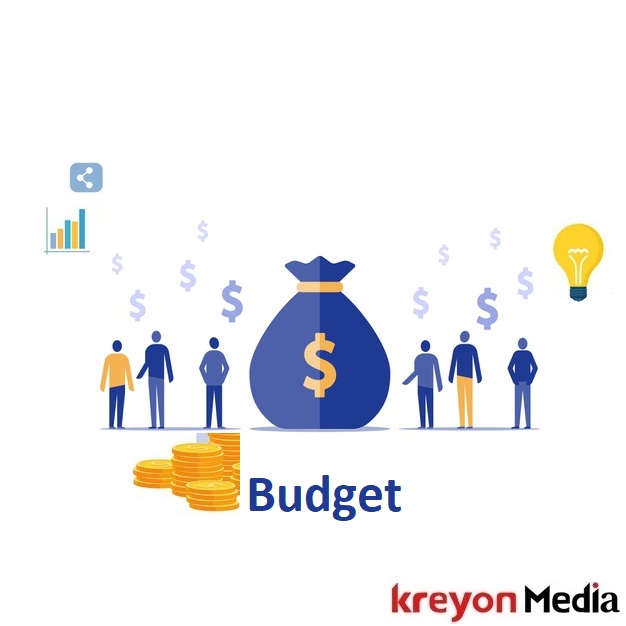
Where does your money go? How much are you spending on food, travel, outings, healthcare etc? Here’s a break-up of how an average person spends his money:
32.9% goes towards housing
17% goes towards transportation
12.5% goes towards food
11.3% goes towards insurance
7.8% towards healthcare
5.1% on entertainment
3.3% on clothing
3.2% on cash contributions
2.3% on education.
So, do you track your expenses and budget them. Sometimes, it is possible to go overboard with shopping, outings and spend way too much on activities that don’t really add up in the long run. Wealthy people and millionaires track their spending carefully. They don’t usually do a lot of impulsive expenses, but are well calculated in how they spend their money.
3. Savings
Your earnings don’t make you rich, your savings do. The fundamental principle of building wealth is to earn and save enough money so that it can build into something substantial.
The difference between rich and the poor people often lies in savings. Rich people save first and then spend. But others spend first and then save what is left. One of the important principles of saving is to start as early as possible. Some who started saving $2,000 at the age of 25 will have to save $6,000 at the age of 45 to retire at 60 years with 6% annual investment.
The rich people invest money, while most others live paycheck to paycheck. A financial study claimed 42% of American workers live paycheck to paycheck., including 25% of those earning more than $100,000 per year.
4. Understanding Assets & Liabilities
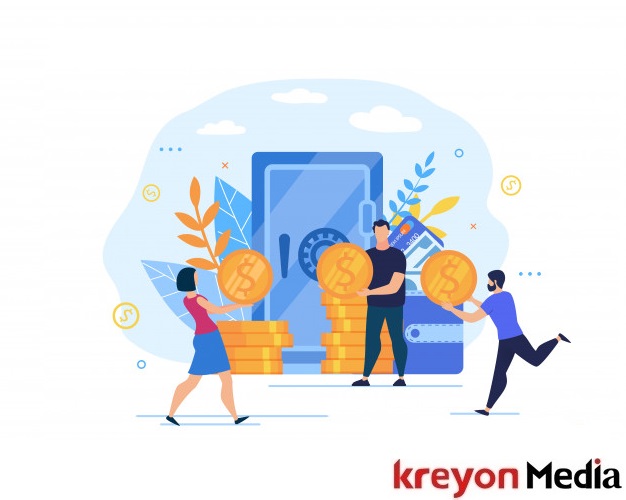
One of the most important habits for building wealth is understanding of different asset classes. The assets could be investment vehicles like real estate, bonds, mutual funds, bank deposits, gold, silver, bitcoin, shares, business etc.
The rich people have a good understanding and distribute their wealth in different asset classes. Some of the asset classes could yield high returns, but will be riskier than others. Financial education assimilation of information to invest your wealth appropriately.
Assets are things that can bring you money. They bring you passive income. For e.g. a rental house that brings money is an asset. Liabilities are loans and debts where you owe money. It decreases your cashflow.
Rich people have a habit of building high value assets that create a good cashflow for them. They avoid debts at high interest rates as it hurts their cash flow. One of the best ways to build wealth is creating assets that bring in passive incomes & provide ROI in the long term.
5. Plan for Retirement
Rich people create long term wealth. They use their funds to build passive income and retirement funds which they can leverage for 30 or more years. Like savings, planning long term savings like children’s education, marriage and pension works best when you do it early.
To create a pension of $5,000 per month for 30 years, you would need to have $1,060,751 in retirement savings, with 6% annual investment returns and say 2% inflation.The earlier you start saving, the better it will be for your finances and long term wealth building.
At 45, you’ll need to set aside three times as much each month to retire comfortably as someone who started at 25. Starting early is half the battle won.
6. Daily Todo Lists
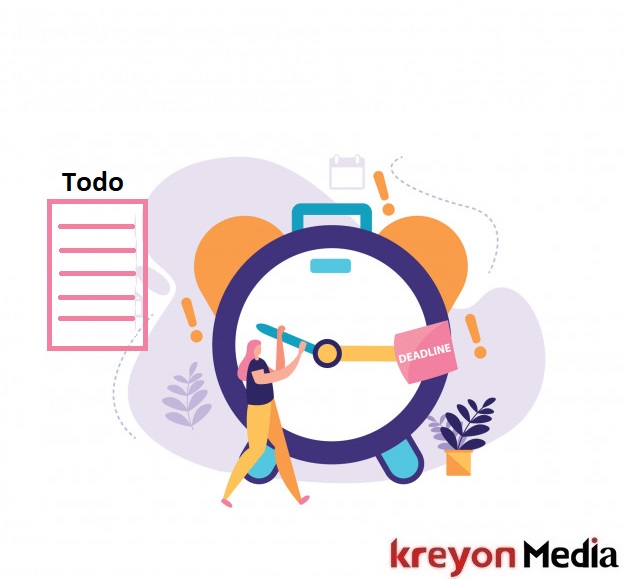
Rich people work towards creating a long term value proposition. In his book, Rich Habits, Corley describes personal habits of millionaires that make them rich. Corley interviewed millionaires and asked them about to-do lists, 81% of rich people said they kept to-do lists, compared to 19% of those in poverty.
Rich people have a habit of building great personal habits like todo lists. It helps them master their day. They also like to wake up early, work hard, build good networks and educate themselves with skills that are in demand.
Wealthy people spend less on entertainment and more on their education. They adopt an attitude of self improvement and delayed gratification. They are not merely chasing instant fads and fancies, but devoting their time to build something that pays rich dividends with time.
7. Consistent & Committed
Wealth is a reflection of the value one brings to the table. People who do something wonderful and remarkable in the world attract money. In a way, when you are devoted to doing something well and serve other people, wealth becomes a by-product.
Rich people are consistent with their habits. They create value with their efforts and the work they do. Self created wealth is a measure of certain competencies. It is also a reflection of how you are creating value for others. To be rich, you have to be consistent on your principles and flexible on the execution.
Self made rich people constantly learn, improve themselves and evaluate the world around them. They understand that money is never permanent & goes to the person who brings the most value to it.




